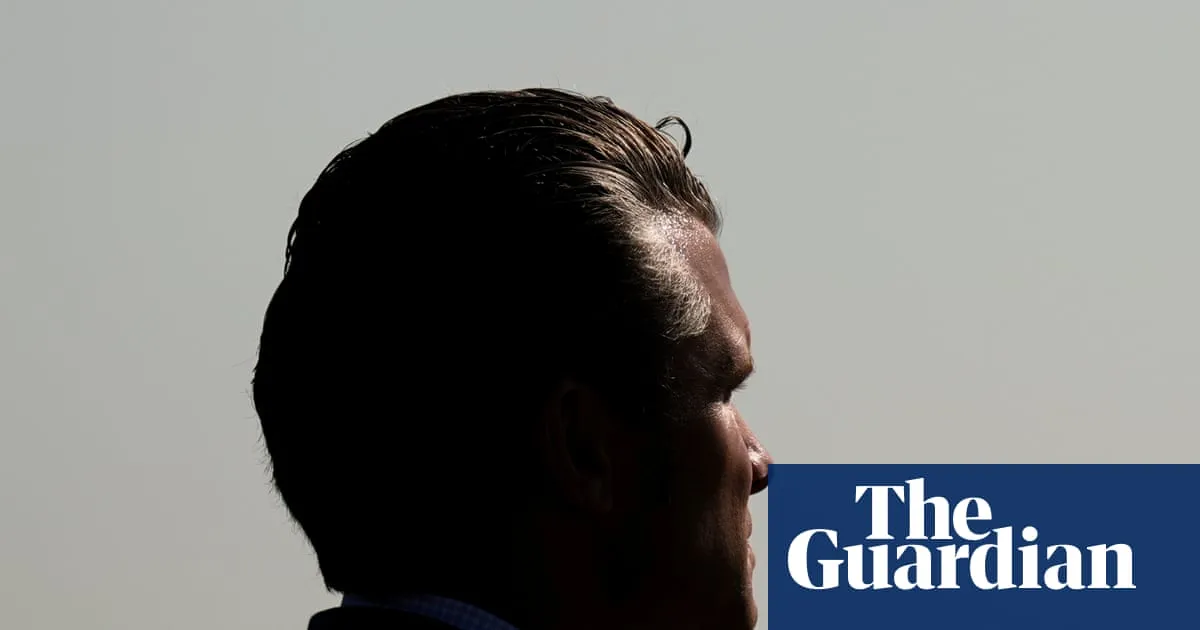
The US military has implemented stringent new media restrictions that require journalists to sign a pledge agreeing not to collect any information, including unclassified documents, that has not been officially authorized for release. This directive comes with the threat of revocation of press passes for non-compliance. In a memo released on Thursday, the Pentagon asserted its commitment to transparency, which it claims is essential for promoting accountability and public trust.
Referring to the recently rebranded Department of War, which is now under the leadership of Pete Hegseth from the Trump administration, the memo emphasized that “DoW information must be approved for public release by an appropriate authorizing official before it can be disseminated, even if it is unclassified.” The memo further clarified that only authorized individuals who have passed eligibility checks, signed non-disclosure agreements, and have a legitimate need-to-know will have access to classified national security information.
Journalists covering events at the Pentagon are now mandated to adhere to a restricted movement policy within the building. They are required to sign the pledge, which limits their access to designated areas such as press pens, the food court, and the courtyard. Those who refuse to comply face the risk of having their Pentagon press passes revoked.
In a post on X, Hegseth stated, “The ‘press’ does not run the Pentagon – the people do. The press is no longer allowed to roam the halls of a secure facility. Wear a badge and follow the rules – or go home.” This latest memo follows previous announcements made by Hegseth in May, which introduced similar restrictions on media access within the Pentagon. These changes mark a significant shift from the more open practices of prior presidential administrations, where reporters enjoyed greater freedom of movement.
The tightening of media access aligns with Hegseth’s history of limiting press interactions after criticism arose regarding the sharing of sensitive information about US military operations in Yemen. His administration has faced backlash for its attitude towards major media outlets, leading to the removal of several longstanding news organizations, including New York Times, CNN, Politico, and NPR, from their dedicated offices within the Pentagon.
The Pentagon's recent memo has sparked outrage among journalists and advocates for a free press. Mike Balsamo, president of the National Press Club, stated, “This is a direct assault on independent journalism at the very place where independent scrutiny matters most: the US military. If news about our military must first be approved by the government, then the public is no longer receiving independent reporting. They are only getting what officials want them to see, which should alarm every American.”
Similarly, the Freedom of the Press Foundation criticized the policy, labeling it as a prior restraint on publication—a serious violation of the press freedoms guaranteed by the First Amendment of the US Constitution. They asserted, “The government cannot prohibit journalists from accessing public information merely by claiming it’s a secret.”
Thomas Evans, editor in chief of NPR, remarked on the seriousness of the situation, stating, “We’ll be working with other news organizations to push back. We’re big fans of the First Amendment and transparency, and we want the American public to understand what’s being done in their name.”
The Pentagon's media restrictions come amid a broader political context where former President Trump has suggested that TV networks face punitive measures for negative coverage. This statement followed significant backlash over ABC's indefinite suspension of comedian Jimmy Kimmel's late-night show, where discussions included controversial remarks directed at Trump’s supporters.
During a speech on Air Force One, Trump claimed, without evidence, that “97% of major US networks are against me,” asserting that they only provide negative coverage. He proposed that broadcasters should have their licenses revoked as a consequence. Senator Cynthia Lummis from Wyoming echoed Trump’s sentiments, describing media licenses as a “privilege” rather than a “right,” and expressed skepticism about the First Amendment being “the ultimate right.”
These developments highlight the ongoing tensions between the government and the media, raising critical questions about press freedom and transparency in reporting on military affairs in the United States.